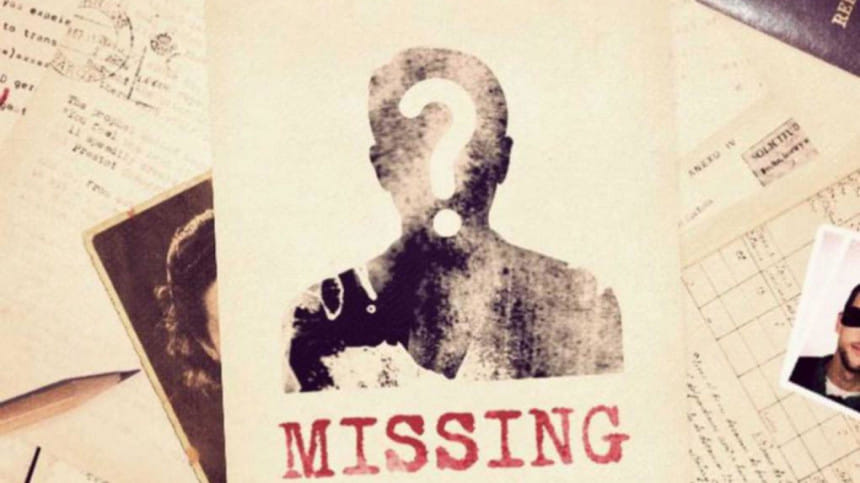Enforced disappearances: Commission finds 16 secret detention centres

The Commission of Inquiry on Enforced Disappearances has found 16 secret detention centres across the country so far.
The centres were found in Dhaka, Chattogram (near Patenga), Narayanganj, Rajshahi, Bogura, Barisal, Jhalakathi and Narsingdi, among others.
However, this list is not exhaustive -- the Commission is yet to search for detention centres in Sylhet and Khulna.
Commission member Sazzad Hussain confirmed the number to this newspaper.
"There were many 'safehouses' but those had not been used since Rab [Rapid Action Battalion] got sanctioned," said Hussain. One of the secret detention centres was inside the office of the Detective Branch of police in Rajshahi.
The Commission submitted its second interim report to Chief Adviser Muhammad Yunus yesterday.
The report delves into the torture inflicted upon victims. "We found much evidence of law enforcers using methods like waterboarding, force-feeding rotten food, electrocution, hanging victims upside-down, spinning them on rotating chairs, locking victims in toilets for days on end and defecating on victims," said Hussain.
In a separate statement, the Chief Adviser's Press Secretary Shafiqul Alam revealed that the Commission has identified 1,837 cases of enforced disappearance and has verified and reviewed 1,350 of them.
"The intelligence wing of the Rapid Action Battalion has been identified as the main perpetrator in these cases. Those involved in enforced disappearances will be brought to justice," he said, speaking at a press briefing at the Foreign Service Academy.
Of these cases, about 345 individuals who had been forcibly disappeared never returned, said Hussain.
"The law enforcers had truly abused the Anti-Terrorism Act to persecute victims of enforced disappearance," he added.
While abuses perpetrated by Rab and the Directorate General of Forces Intelligence had been the focus of the Commission's investigation so far, it will thoroughly investigate the police's Counter Terrorism and Transnational Crime unit and the Detective Branch in the next phase.
Yunus said a "horror museum" should be established to exhibit the findings of torture and persecution uncovered by the Commission.
"These crimes were committed by members of our own society's 'gentlemen' -- our own relatives and acquaintances. Based on your findings, there should be a horror museum. These are spine-chilling events. People should be shown what such detention cells are like -- the cruelty and brutality of being confined to a three-by-three feet space for days and even months," said the chief adviser.
While submitting the report, one commission member told him, "The incidents are so horrific that many of the involved officials and others suffer from remorse. They have contacted us as an effort for self-purification. Two officers even wrote formal letters, requesting to get rid of it. These letters were found at the Ganabhaban. The then army chief publicly acknowledged these letters."
The commission's chief, Justice Moyeenul Islam Chowdhury, urged the chief adviser to take steps so that the families of the missing can at least carry out financial transactions through their bank accounts.
He said that under existing law, a person missing for seven years can be legally presumed dead. He recommended amending the law to reduce this period to five years.
Yunus welcomed the suggestion and advised the commission to propose concrete measures for immediate action.
Thanking the commission members, the chief adviser said, "You've braved fear, threats, and intimidation to carry out your work. You are an inspiration to the people of this country. You will inspire future generations who work for human rights."

 For all latest news, follow The Daily Star's Google News channel.
For all latest news, follow The Daily Star's Google News channel. 


Comments